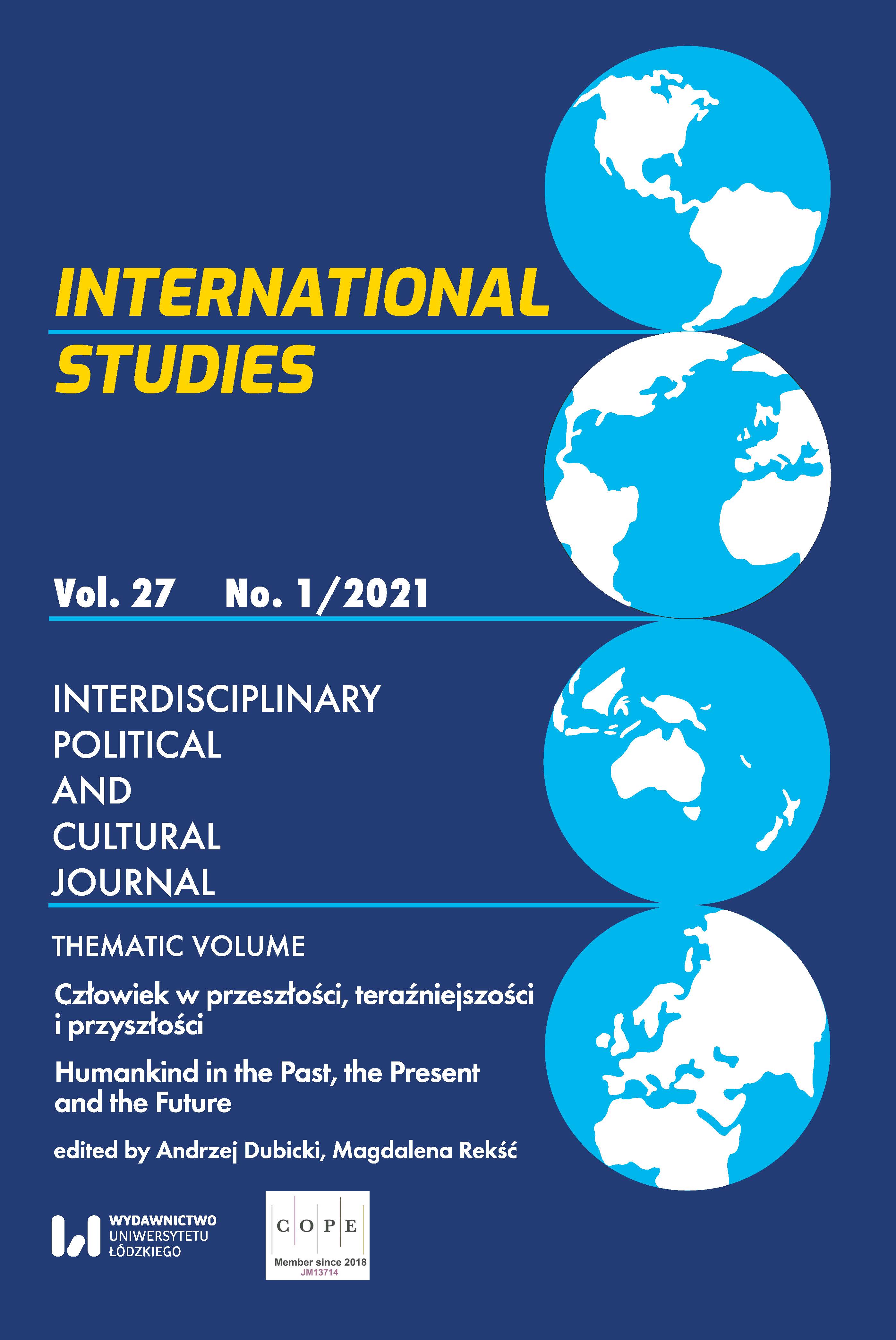Geopolityka środkowoeuropejskiej solidarności. Polacy i Węgrzy między historią, stereotypem a uwarunkowaniami przestrzenno-politycznymi
Geopolitics of Central European Solidarity Poles and Hungarians between History, Stereotype and Spatial and Political Issues
Author(s): Arkadiusz AdamczykSubject(s): Politics / Political Sciences, Geopolitics
Published by: Wydawnictwo Uniwersytetu Łódzkiego
Keywords: Andrzej Sepkowski; Poland; Hungary; Geopolitics; Central Europe; Intermarium
Summary/Abstract: The Polish-Hungarian relationship remains something extraordinary on a European scale. Although the consciousness of the societies of both nations is dominated by a positive perception of mutual relations, it was not a constant phenomenon in history. It was most intense when both countries resisted the domination of the Germanic element. Hungary was the first to lose its independence, succumbing to the Eastern factor. Also Poland shared the fate of Hungary, succumbing to pressure from both the east and the west. Historical experience of both countries showed the necessity to cooperate against threats coming from both directions. However, the conditions after 1886 were not conducive to the implementation of this assumption, although in the nineteenth and twentieth centuries Poles and Hungarians had geopolitical visions defining the scale of possible transformations in Central Europe. The change came after the end of World War II. Regardless of the naturally existing discrepancies in the perception of one’s surroundings, in the 21st century it is difficult to indicate any Polish geopolitical concept that does not take into account the regional role of Hungary, or the Hungarian one that ignores the Republic of Poland.
Journal: International Studies: Interdisciplinary Political and Cultural Journal (IS)
- Issue Year: 27/2021
- Issue No: 1
- Page Range: 195-214
- Page Count: 20
- Language: Polish

